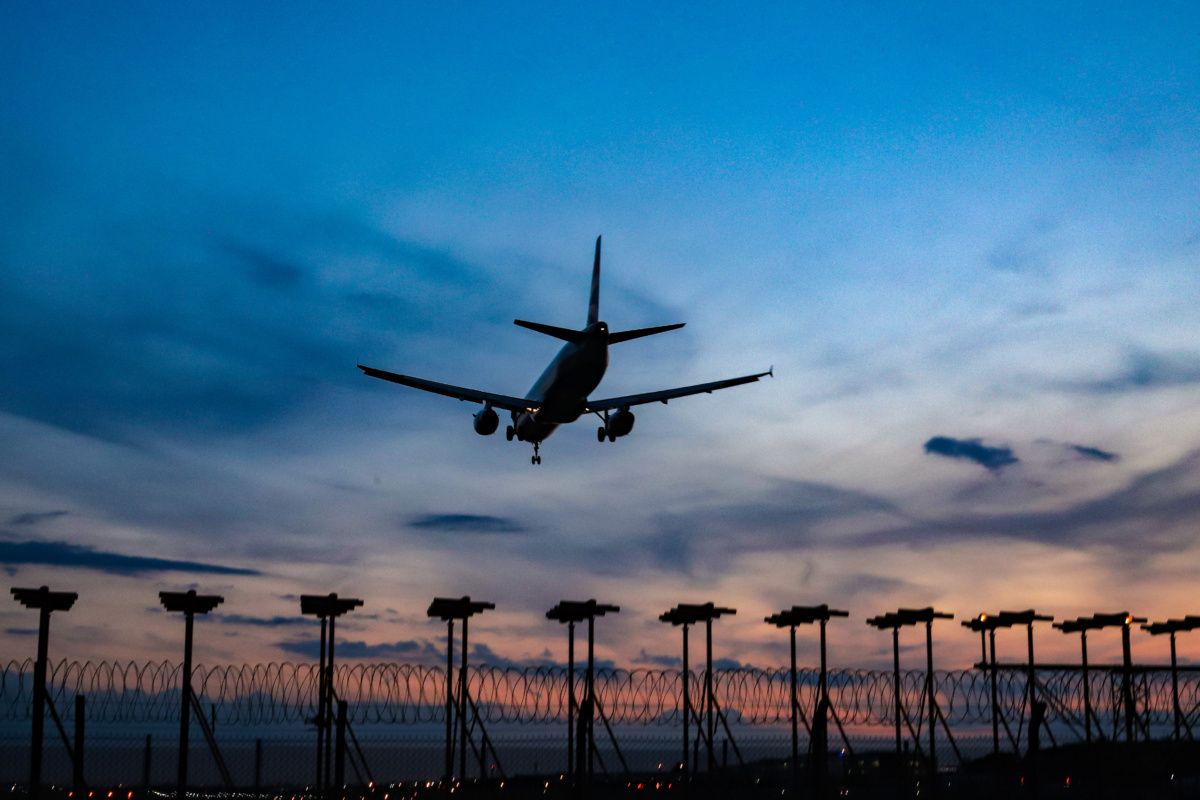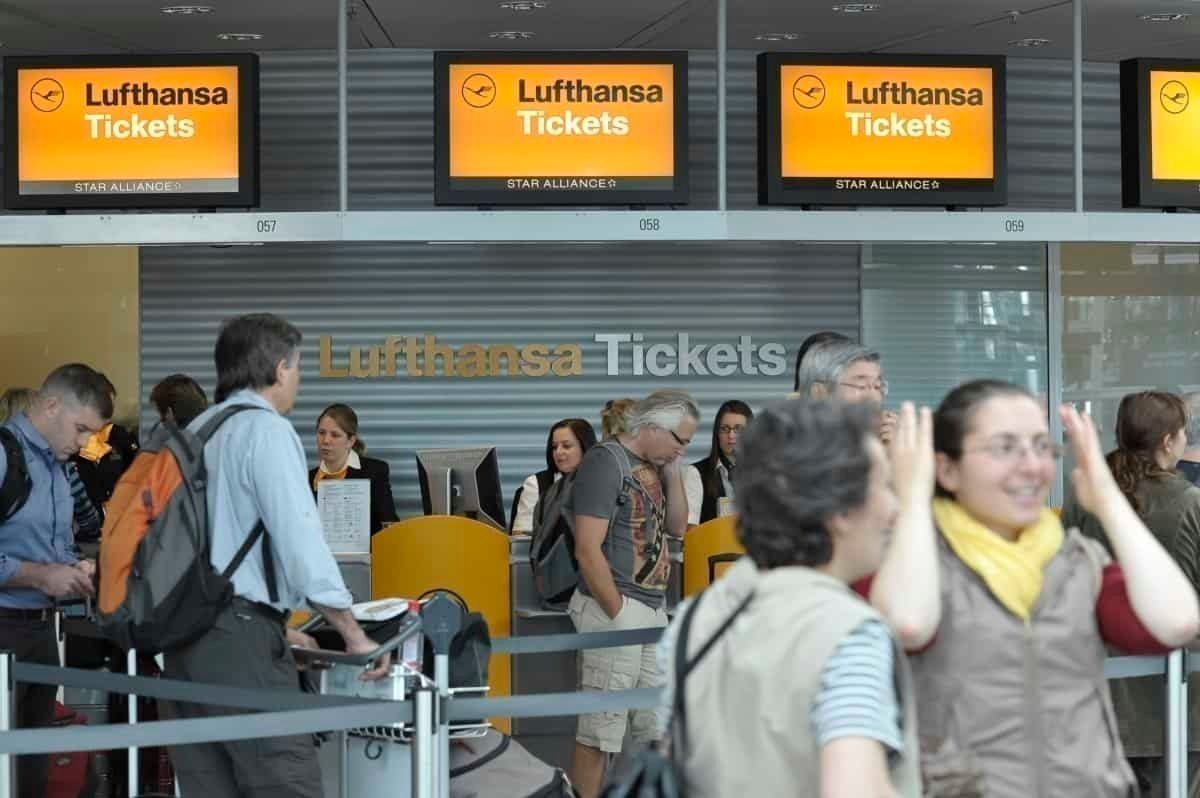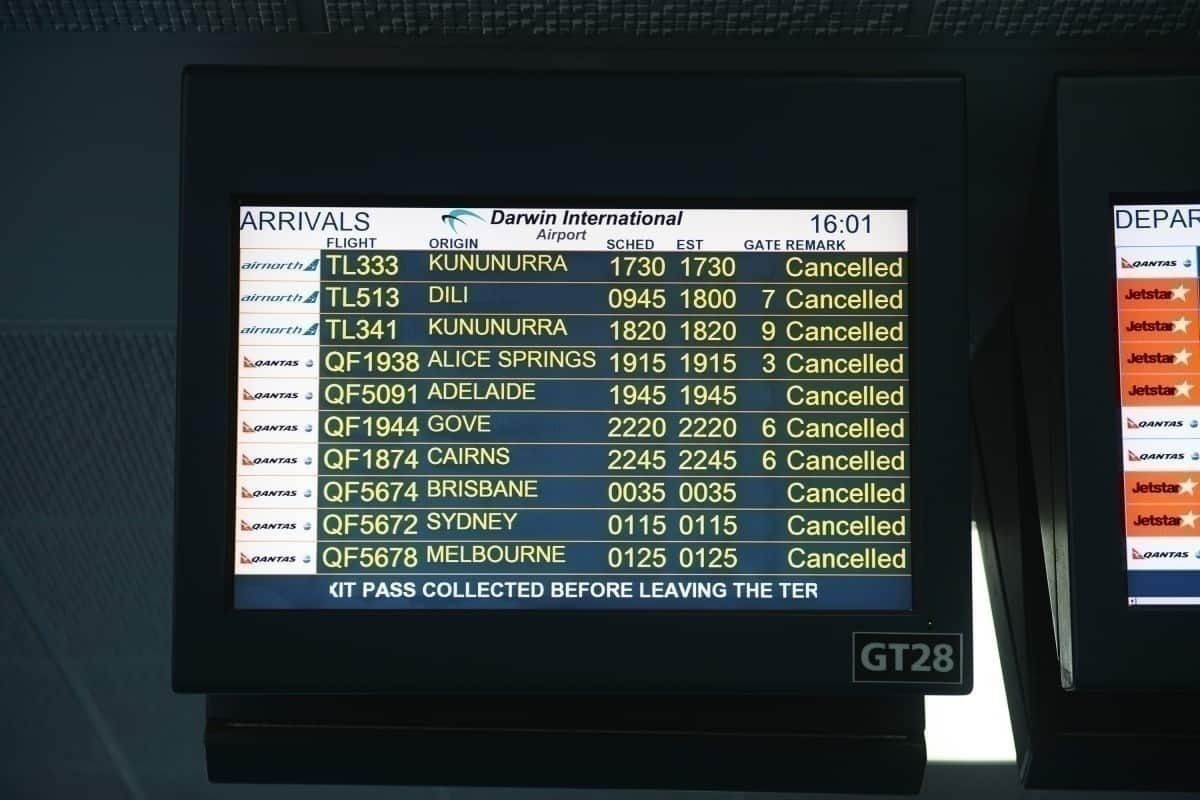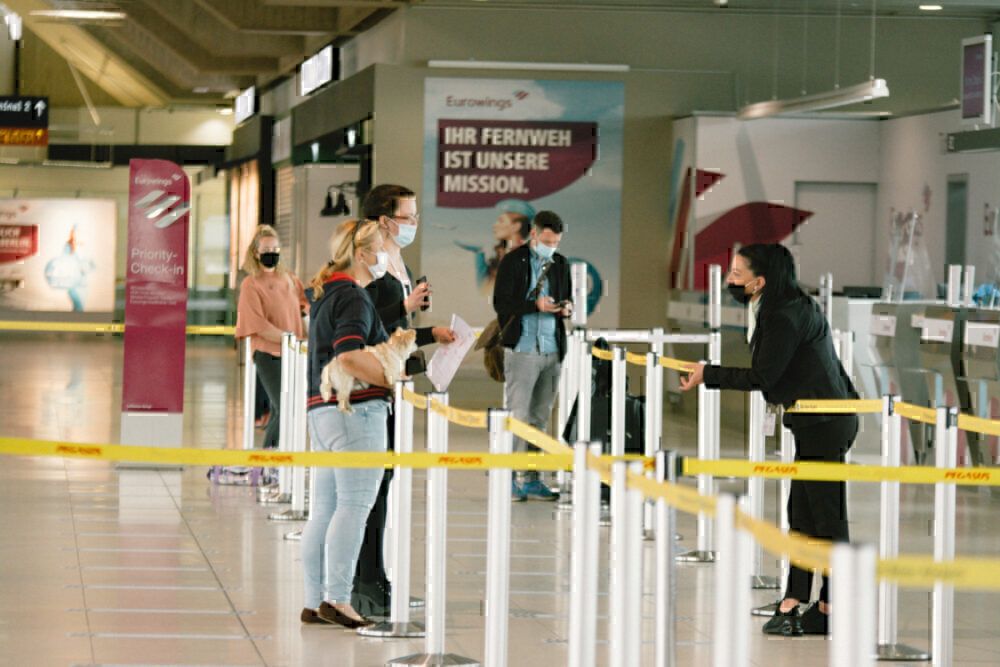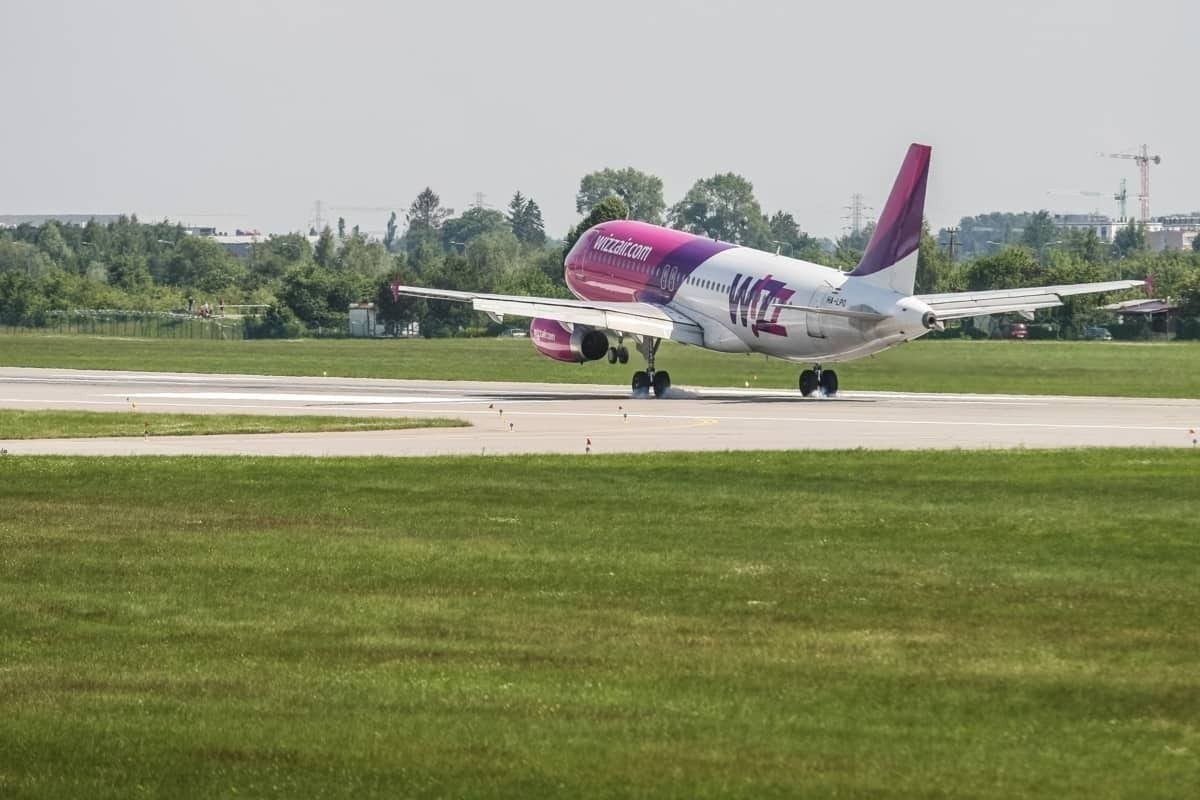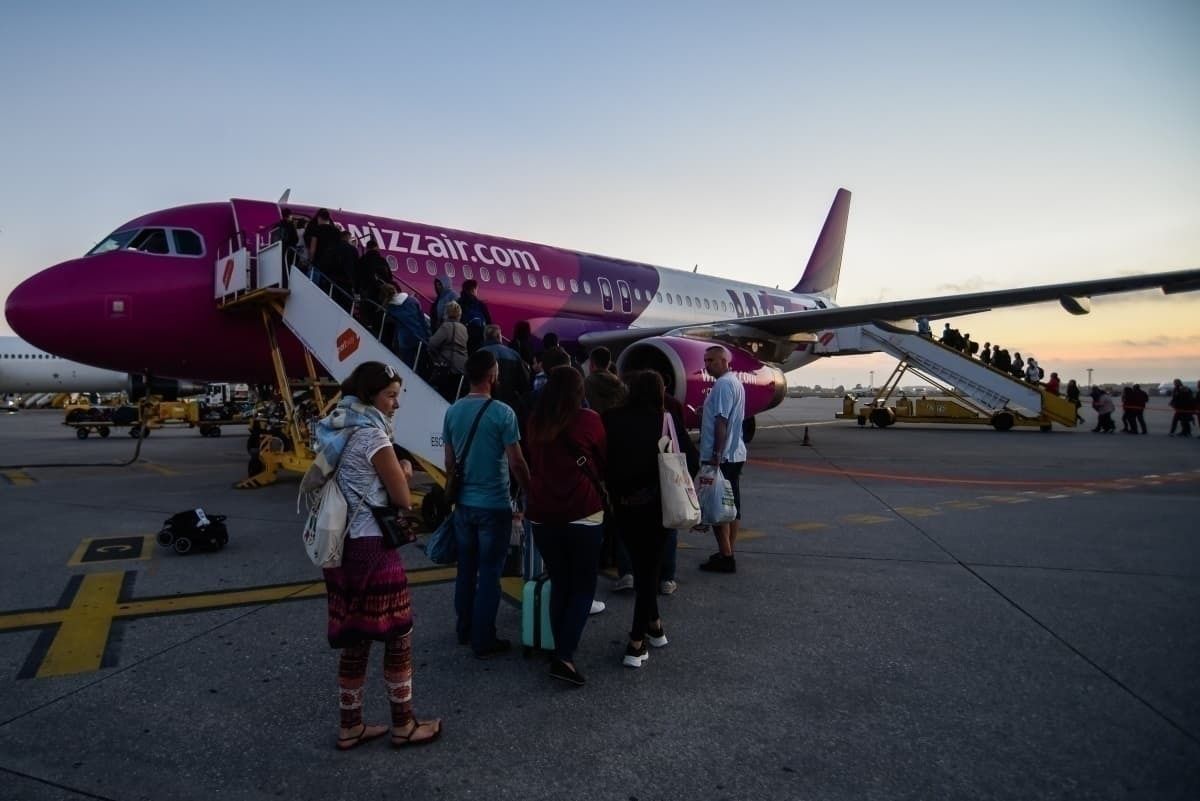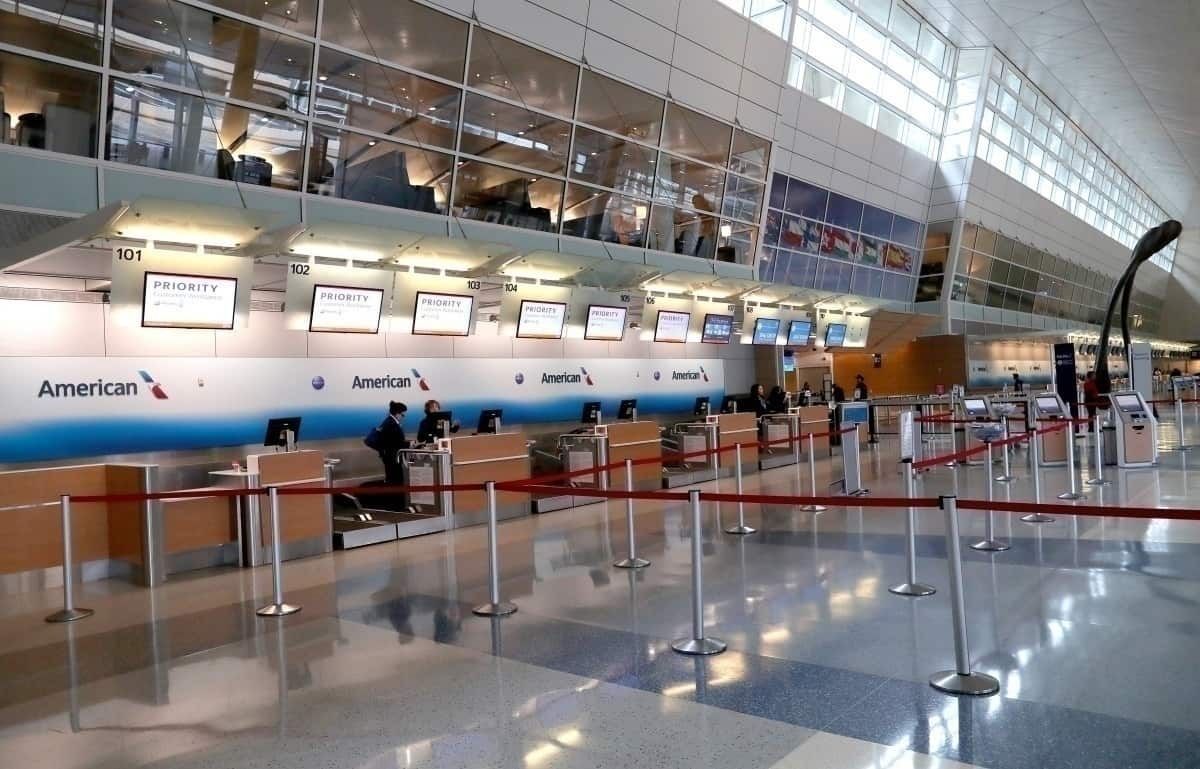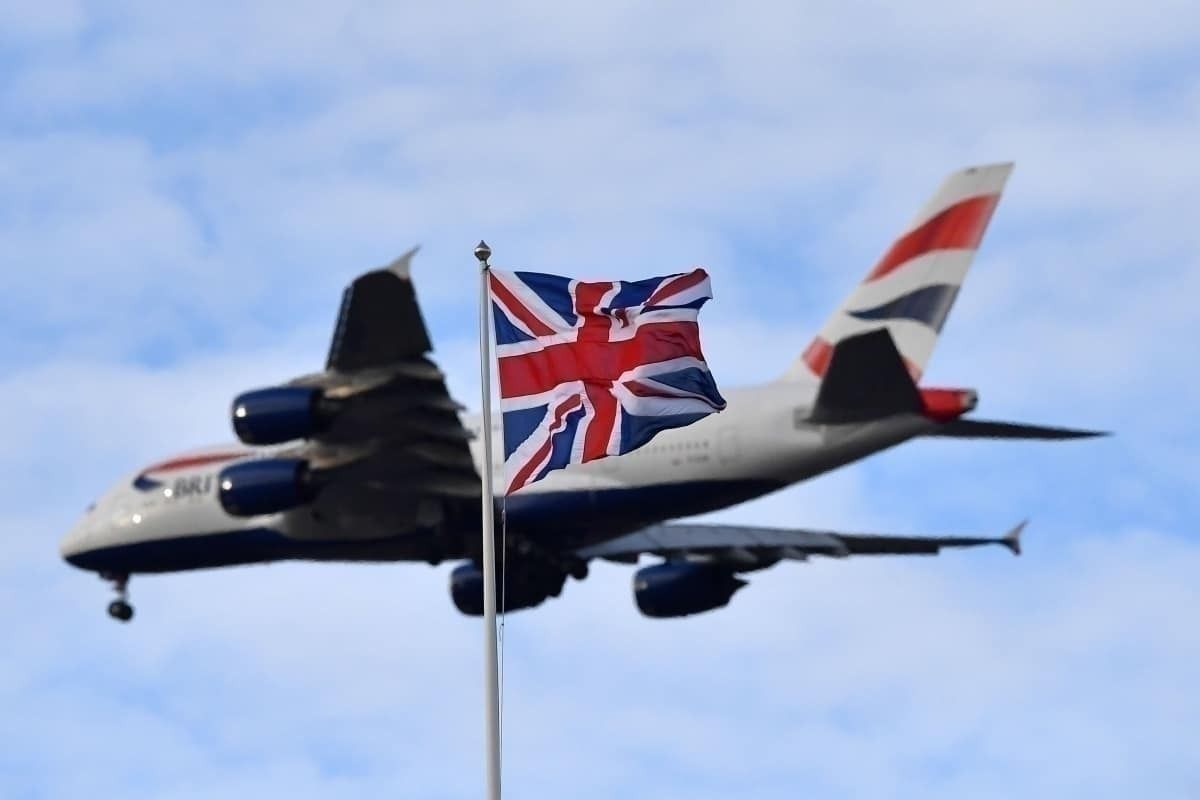In recent months, airlines have been swamped with refund processing requests. Many have struggled to cope with the volume and their timely execution. Under stress, some people have been examining just how effective the refund process is. What is the right way to handle airline refund systems, and what changes can be made to create a better system in the future? We caught up with an expert in the field to find out.
Why are refunds so hard to execute?
It's no secret that air travel this year has not worked out the way it should. From missed trips and cancelations to late refunds and travel vouchers, the system has been inundated with a wave of processing.
Refunds can be a challenging task for airlines to manage. Not only is the method of issuing them complex, but most airlines would rather hand out travel vouchers. Why is that?
The difficulty begins with understanding how passengers pay for their flights. When you log onto an airline's website and input your card details to pay for your flight, you are, in most cases communicating with a payment provider. That payment provider will charge your card the amount of your trip and then transfer it into an acquiring bank, which will, in turn, send your payment to the airline.
We recently spoke to Kristian Gjerding of CellPoint Digital, a company that helps develop payment orchestration platforms within the travel industry. We wanted to understand why refunds are so difficult for airlines to process. In an interview, Kristian told us,
"...if you have a situation in which an airline needs to create a refund, then that airline has a big challenge in regards to cash flow. That's one thing. Then there's the practical, technical challenge of actually issuing a refund. It's not easy. The problem is that there's a lot of legacy infrastructure."
The process of paying for a flight is a multi-level affair, and therefore, it makes sense why sending money back to a customer's card can be difficult. It also requires a particular amount of cash flow in the airline that can be used to process refunds.
Old systems need updating
One major hindrance for airlines issuing refunds comes from old systems. CellPoint Digital offers a fast and streamlined payment orchestration platform, but, mainly, that's not what airlines are using. These outdated systems slow airlines down, but there's another issue as well.
The current workflow for issuing refunds is very labor-intensive. It requires a lot of human resources and, as we have seen from some airlines, causes a lot of congestion in call centers. Issuing refunds demands that people be there to process them. That creates an additional cost to the airline, which takes away from revenue. Paying staff to hand back money is a financially draining process.
To remedy this, airlines need to move to a more automated solution. Kristian Gjerding shared that,
"The biggest challenge for [airlines] is that the legacy infrastructure is not geared towards bulk refunds of that magnitude. There's a lot of manual processes involved…[Airlines] need to upgrade their infrastructure so they can do things with a click of a button...Ultimately, what they should be able to do is to have a traveler managed refund process. So, the airline is not taxed from a resource perspective outside the actual cost of the refunds."
Some airlines have made the change
Despite the challenge for all airlines, there is one that is at the forefront of timely refund processing. Wizz Air has an automated system, which means it processes refunds in 30 days without the constraint of workforce availability. By June 4th, this workflow meant that Wizz had processed two-thirds of its rebates up until that point.
If travelers were able to manage their refunds themselves, it would certainly free up airline resources. It returns control to customers over their money and prevents an excess of calls to help centers.
It goes without saying that this system update would harbor an upfront cost. However, the benefits of implementing these systems would certainly outweigh the cost. That said, given the current climate, it might not be realistic for all airlines to do this. So, what if carriers choose not to update their systems?
Incentivising customers to take vouchers
Long term investments are often the best way to go to avoid problems in the future. However, they do require cash to invest, and that's a scarce commodity in the aviation sector right now.
That said, airlines can change how they work to give their customers a more seamless experience. Incentivizing vouchers could make them more appealing to customers. This is something that Wizz Air is doing well. If passengers rebook their travel or take a voucher rather than a refund, they are awarded an additional 20% of their initial ticket price to put towards future trips. Essentially, it's a reward for sticking with the airline.
It's likely that, if airlines offer this option, they can better appease their customers. They'll be shelling out less cash and protecting themselves for the future. However, the onus to do something about mass refunds cannot only be on the airlines' shoulders.
As Kristian told us, airlines are not at fault. Ultimately, they want the best outcome for their customers and are the victims of broader chaos.
Should the government step in?
We are now seeing governments across the world issue bailouts to save their national airlines. Much of the money given will be used to help airlines clear refund backlogs from canceled bookings.
That's a good move; however, could more be done to help manage expectations and mitigate mass cancellations and refunds?
"When an event happens," says Kristian. "It's [the government's] job to mitigate it as best possible. It's not the airline's responsibility."
Of course, the current pandemic is not to be blamed on any government. It is an unprecedented circumstance. But, in the future, it seems that governments and their leaders should be more precise on procedures. How should airlines handle refunds of this scale? What should customers expect? These are the questions that need to be answered to prevent chaotic refunds in the future.
How do you think governments could better support airlines in their refund procedures? Are you happy with the way airline ticket refunds work at the moment? Let us know your thoughts in the comments.

